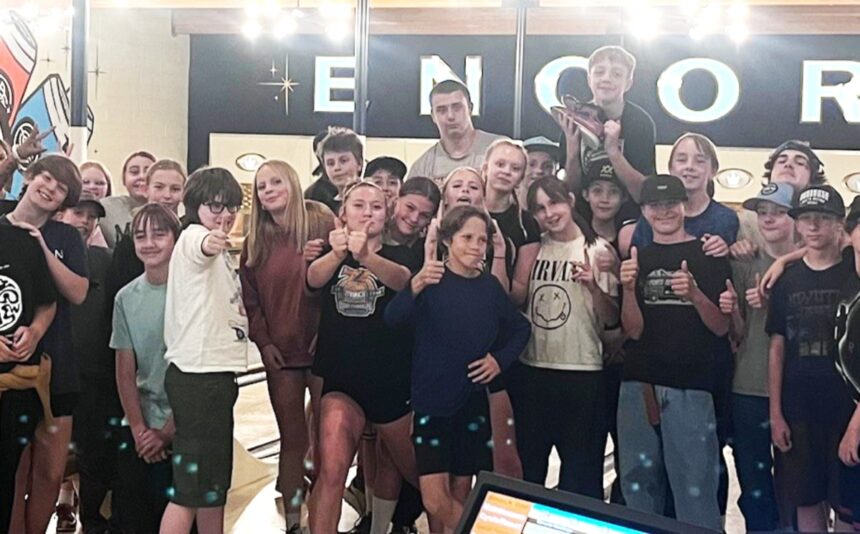In a remarkable display of peer leadership, students at Fernie Secondary School have transformed their annual Health Week into a powerful mental wellness campaign, demonstrating that today’s youth are increasingly taking ownership of their psychological wellbeing.
The student-led initiative, which ran throughout last week, featured daily activities designed to foster resilience and create supportive environments. Unlike traditional health programs that often focus exclusively on physical fitness, the Fernie students deliberately broadened their approach to address the growing mental health challenges facing adolescents.
“We wanted to create something that actually speaks to what students are going through,” explained Emma Harrington, a Grade 11 student who helped organize the event. “Mental health isn’t something that should be whispered about anymore—it affects all of us, especially after the isolation many experienced during the pandemic.”
The timing couldn’t be more critical. According to recent data from CO24 News, youth mental health concerns have increased by nearly 40% since 2019, with anxiety and depression rates among teenagers reaching concerning levels across British Columbia.
Each day of Health Week featured themed activities aimed at different aspects of mental wellness. Monday’s “Mindful Movement” combined physical activities with breathing exercises, while Tuesday’s “Gratitude Workshop” encouraged students to recognize positive forces in their lives. Perhaps most impactful was Thursday’s “Safe Space Forum,” where students shared personal experiences in moderated discussion groups.
School counselor David Morgan praised the student organizers for their thoughtful approach. “What makes this initiative so effective is that it’s coming from the students themselves. They understand what their peers are experiencing in ways that adults sometimes miss,” Morgan told me during my visit to the campus.
Faculty support has been instrumental in providing resources, but the program’s design and implementation remained firmly in student hands. The school administration contributed by arranging for mental health professionals from the community to conduct workshops about stress management and healthy coping mechanisms.
“Having experts talk to us about their own struggles normalized the conversation,” said Grade 10 student Jacob Wilson. “It helped me realize that asking for help isn’t weakness—it’s actually a form of strength.”
The initiative has caught attention beyond school walls, with Canada News outlets reporting similar student-led programs emerging across British Columbia. What distinguishes Fernie’s approach is its integration of mental health awareness into everyday school culture rather than treating it as a standalone event.
Parent response has been overwhelmingly positive. “My daughter has always been hesitant to discuss anxiety,” shared parent Sarah Livingston. “Since this program began, she’s not only more open with us but also more equipped with strategies to manage difficult emotions.”
The Fernie Secondary model includes continuing support through peer mentorship programs that will extend beyond Health Week. Senior students have been trained to recognize warning signs and guide fellow students toward appropriate resources, creating an ongoing safety net within the student body itself.
Principal Jennifer Horvath emphasized the importance of sustainability in mental health programming. “One-off events raise awareness, but sustained support systems create lasting change. These students are building infrastructure that will benefit Fernie Secondary for years to come.”
The student organizers are already planning follow-up activities for the remainder of the school year, including monthly wellness check-ins and stress-management workshops during exam periods.
As communities across Canada grapple with addressing youth mental health, the question remains: Could student-designed initiatives like Fernie’s become the most effective model for creating mental health support systems that young people will actually use?


















